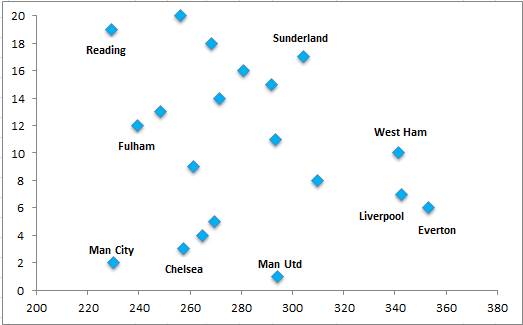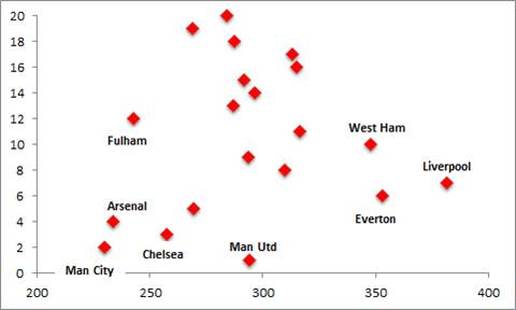
In a recent ITV documentary Keane & Vieira: The Best of Enemies, Roy Keane and Patrick Vieira take time out to discuss the epic battles between Manchester United and Arsenal from 1996 to 2005. Both men were steadfast in the belief that their team had emerged victorious from the long running feud between the two clubs, which started following the arrival of Arsene Wenger to the Premier League in 1996.
What was interesting about the Keane/Vieira conversation was the belief that both men held regarding referee favouritism. Keane argued that Arsenal were always given the benefit of the doubt in home games, while Vieira claimed United were always treated differently by referees, almost suggesting that United were clearly 'liked' by certain officials.
All football fans probably get the feeling that the ‘other’ team gets more decisions from the referee. Most non-United fans would claim the Red Devils are always in receipt of ‘kind’ decisions, while Man United fans will argue that opposite and claim, like David Moyes did with the fixture list this season, that others are ‘out to get’ the league champions.
With this in mind, I have collected data on one variable where refereeing bias could exist, the allocation of injury time, for all 380 games in the 2012-2013 Premier League season when a team is winning, drawing and losing home games. In addition, I have data on the number of substitutes, yellow and red cards, attendance and referee, which form the body of a working paper (to follow).
The data presented in the first scatter plot below shows the number of seconds of added time (X-axis) for each team when losing a home game and their finishing league position. This is when extra added time is beneficial to the home team. No bias can be observed towards the big clubs. In fact, while Liverpool and Everton do very well, Manchester City and Chelsea are among the least favoured.


 RSS Feed
RSS Feed